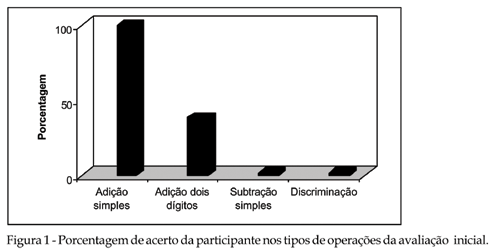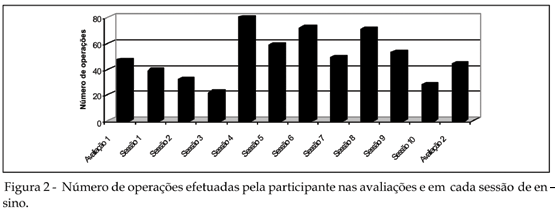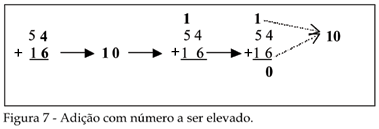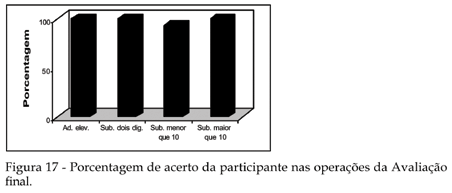The teaching of academic skills to individuals with autism has received little attention from research literature, probably because the classical deficits in communication, reciprocal social interaction and behaviors are seen as priorities in scientific investigations. Nevertheless, the development of technologies for teaching academic skills to this population is necessary, mainly in the context of Brazilian school inclusion. People with autism are being included with greater frequency in regular classes and, consequently, need adequate strategies to learn academic contents for their entrance, permanence and progress in the schools. Many studies describe characteristics and difficulties that people with autism have, which can influence the way they learn. These variables need to be considered when planning appropriate teaching strategies for this population. Among these variables are the ways in which these individuals respond to environmental stimuli, the way they think and their typical behaviors. This study describes strategies for teaching addition and subtraction to an adolescent with autism. These teaching procedures were elaborated based on the general characteristics of autism, principles derived from Applied Behavior Analysis, and the repertoire of the participant. The results show gradual learning of the taught skills.
autism; teaching; mathematics; addition; subtraction; especial education


















